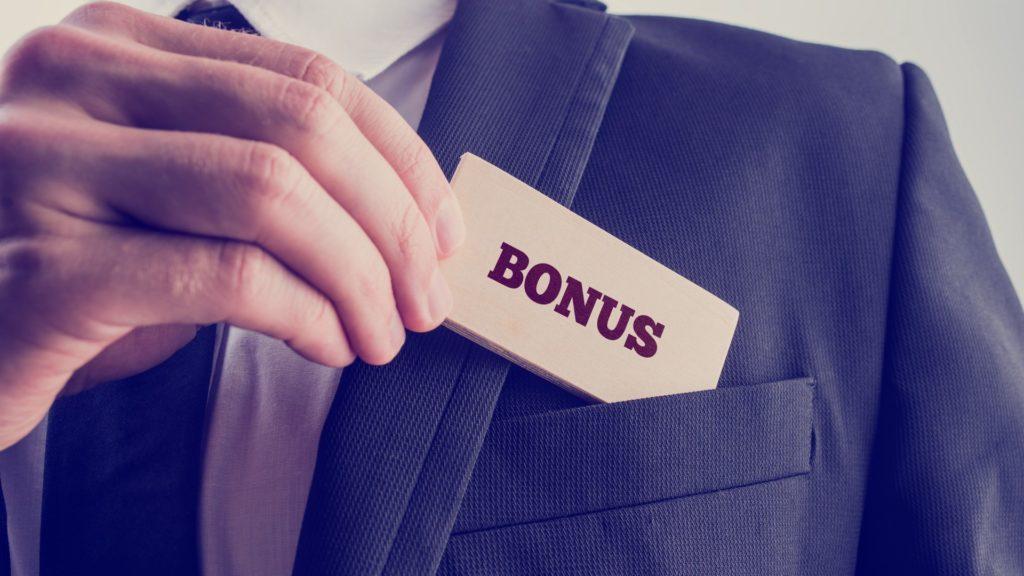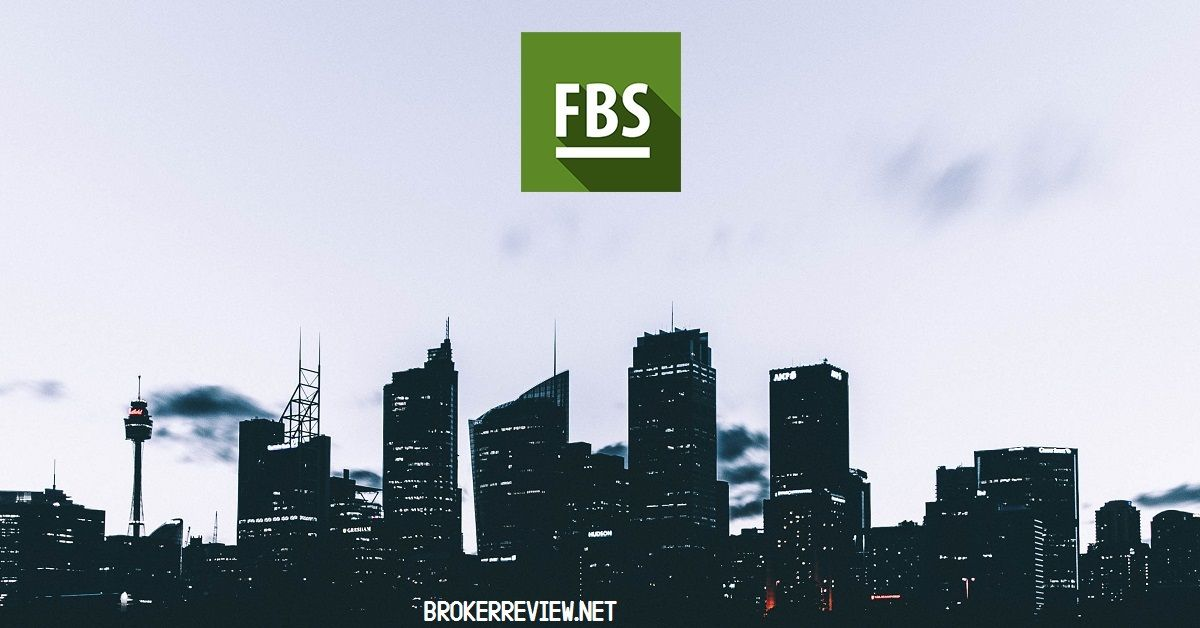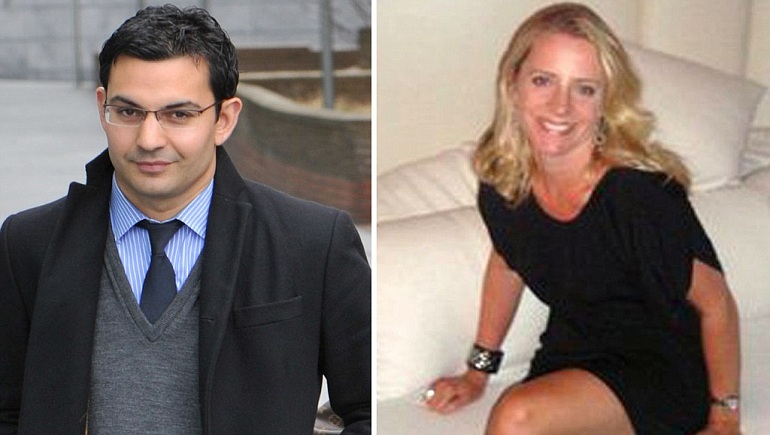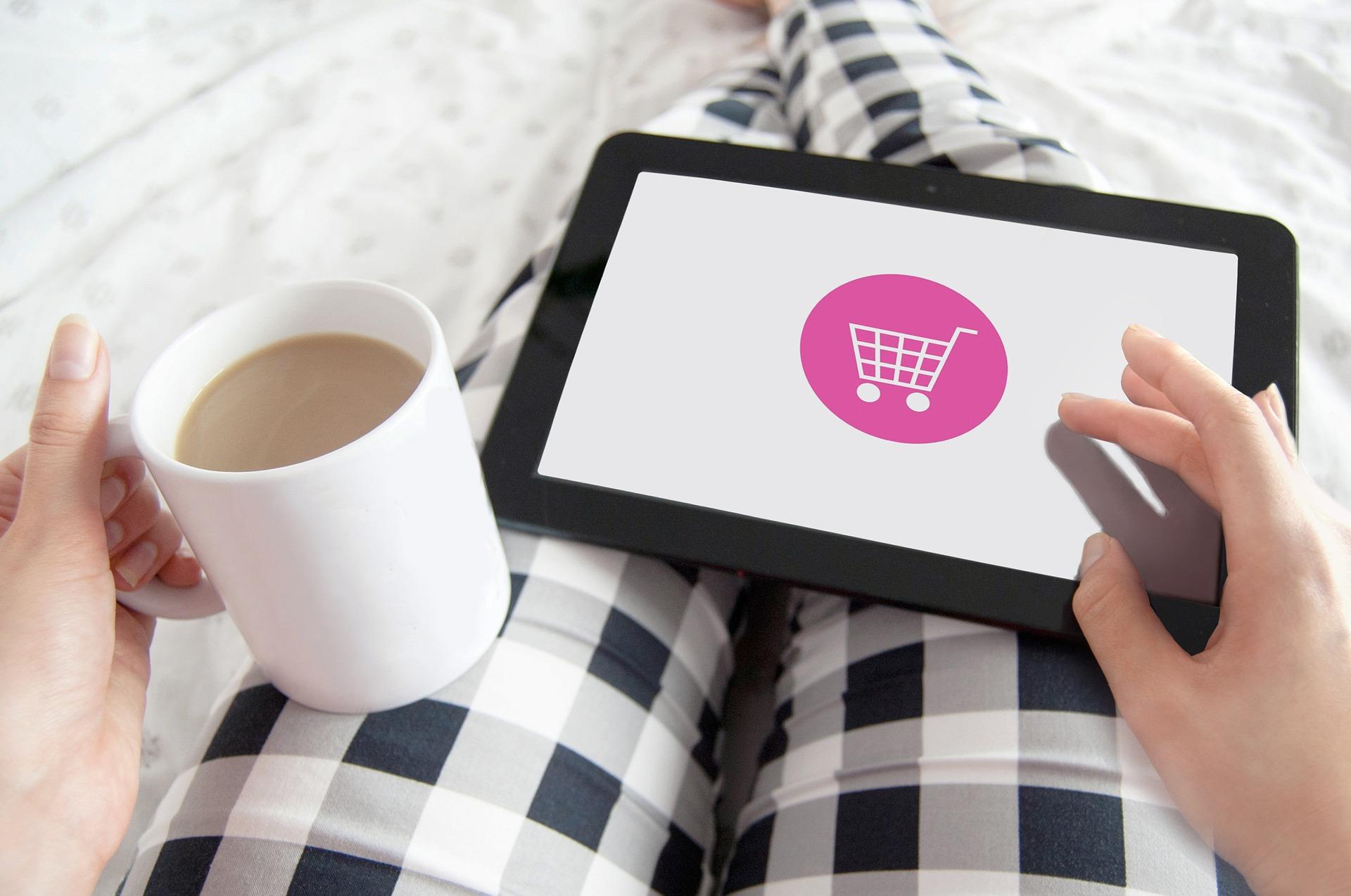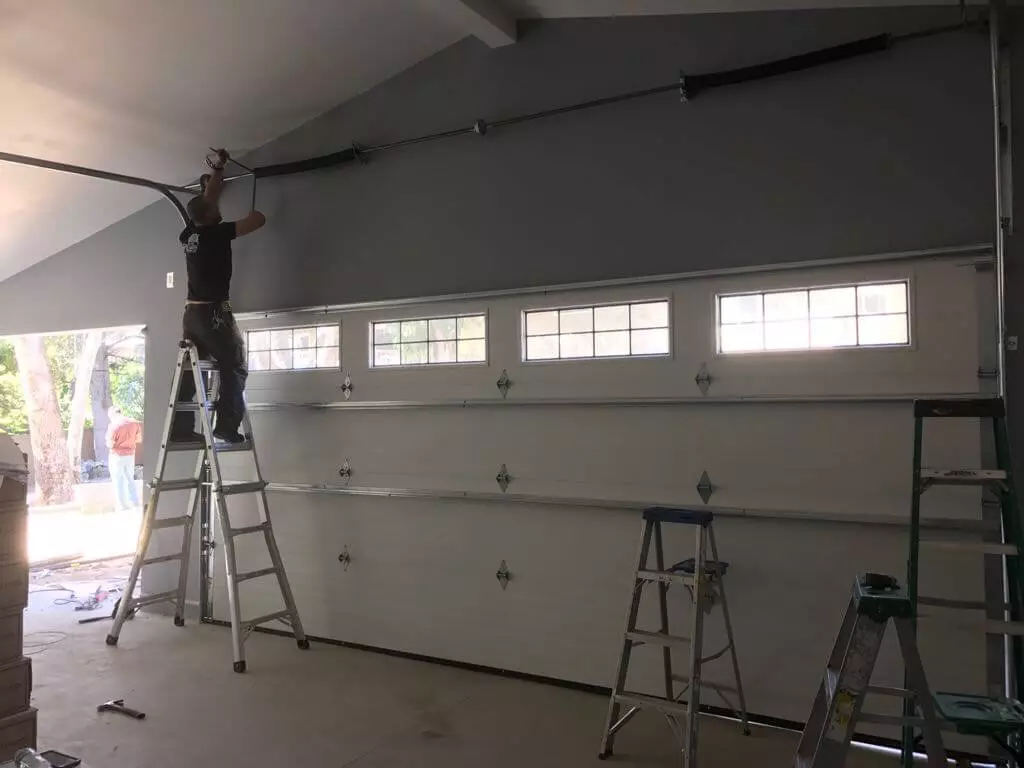Nowadays, there are many forex brokers in the market, yet we are not sure which are the best for us. To find out the best broker for each trader, we have to use some standards to compare them to each other. This article will be showing standards to choose the best forex brokers in South Africa.
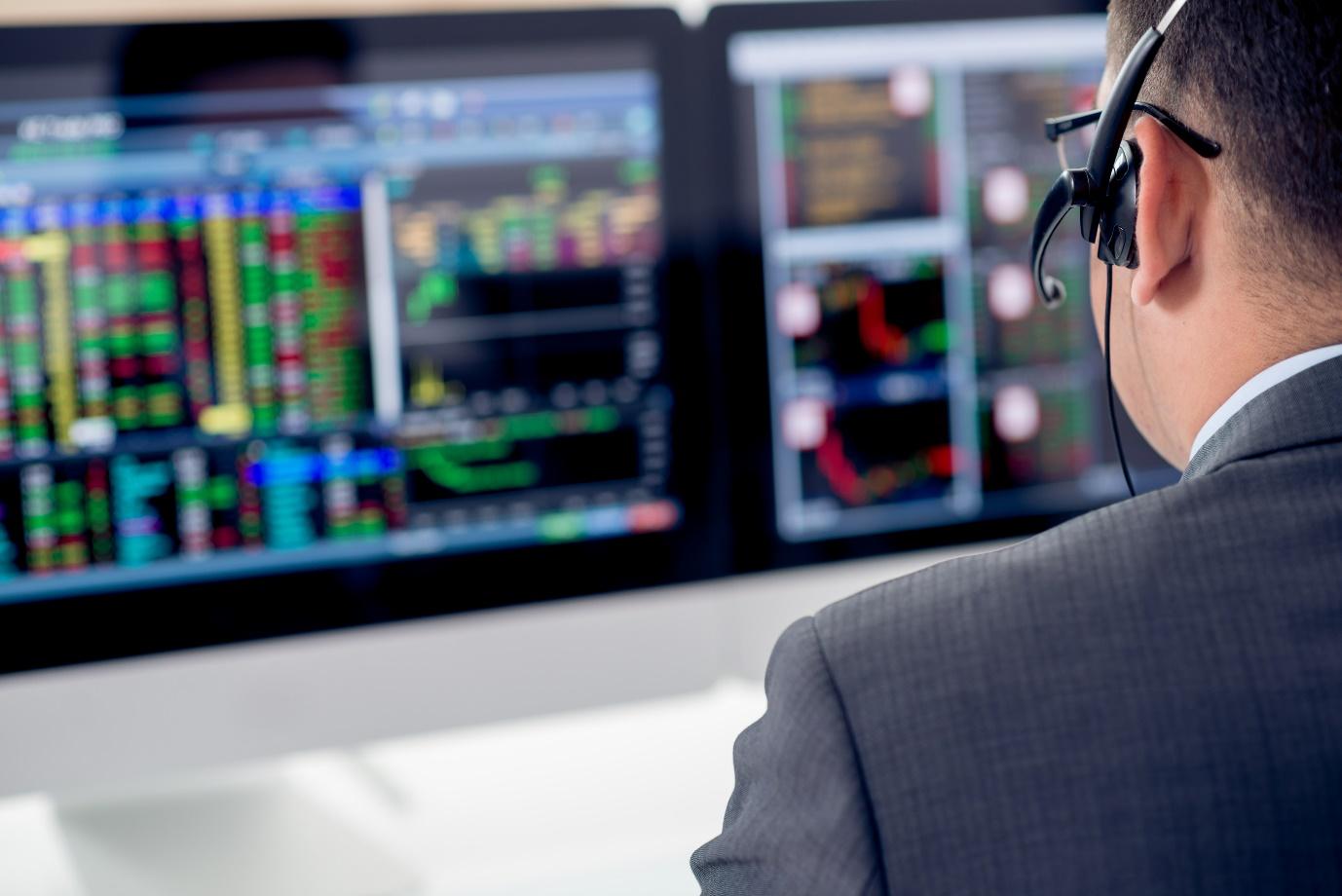
COMPARE
After years trading forex with all kinds of brokers in the market, my team has finally found that in order to choose the best forex broker in a market, we have to compare them to each other with certain standards:
- Regulation
- Trading conditions
- Types of account
These brokers are also rated based on regulation, platform choice, and trading conditions for the clients.
REGULATION
In common, regulated brokers follow the rules which are set by governmental regulatory bodies like the FCA, FSCA, CySEC & ASIC. This makes it safe for all traders who work with these brokers because they will create the safe trading environment and protect all the funds for traders as well. A broker with more than one international license is believed to have more trust and integrity.
REPUTATION
How could we trust a broker? These are the standards to see if we could trust a broker or not: trusted regulation, trade execution method, and client fund management.
Trusted regulation means a broker should be regulated by the major governmental regulatory bodies. It can show that they gain a high level of trust from these agencies and so, they are very safe and reliable.
The other main factors we have to check are: how the broker is executing your trades, if a dealing desk is involved in the execution, if there is any conflict of interest between traders and the brokers, if the broker receives financial incentive to have you lose your trades… If such things happen, that broker is definitely untrusted. One of the most reliable brokers is Exness => Exness sign up.
One more important thing that a good broker should do is to separate all the client funds in different accounts at major banks in the local jurisdiction. Why so? Because it will protect traders in case of the bankruptcy of the broker.
CONDITIONS
Spread:
It is measured in pips. For example, 15 pips wide or 0.1 pips tight. Why is it wide or tight? When the buy and sell price for any currency pair are far from each other, or close to each other, the spread will be called wide (far from each other) and tight (close to each other). Different brokers have the different spreads on pairs. In order to maximize the profit, traders often work with brokers which offer the tightest spreads.
Leverage:
It is used to amplify the size of trades. Why do traders need this? Because the movements in the market are so small that it allows to earn very little profit. If there was no leverage, individual retail traders could not take part in this business. For example, a leverage is 200:1, it could be increased up to 200 times by traders. Leverage is various and based on the experience of traders.
Account types:
There are now fewer types of account than in the past, so most brokers just have: Live or Real accounts, the Demo accounts, and Swap-free account. They hardly have managed account.
LIVE / REAL ACCOUNTS
As its name, these accounts use real money to earn real profit. Your account balance is affected right after a transaction.
DEMO ACCOUNTS
Because it is fake account, it has neither risk nor profit. So it is the time to try the trading platform, customer service, research area, and trading conditions.
In conclusion, if you want to choose the best forex brokers in South Africa, you should follow these standards before.
For Thai traders, click here for best forex brokers in Thailand

